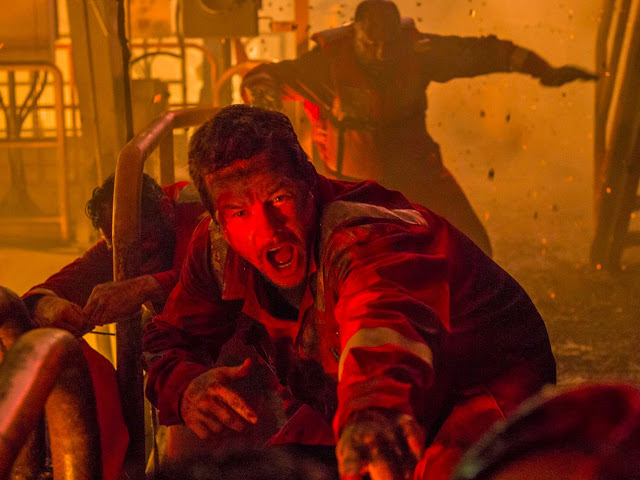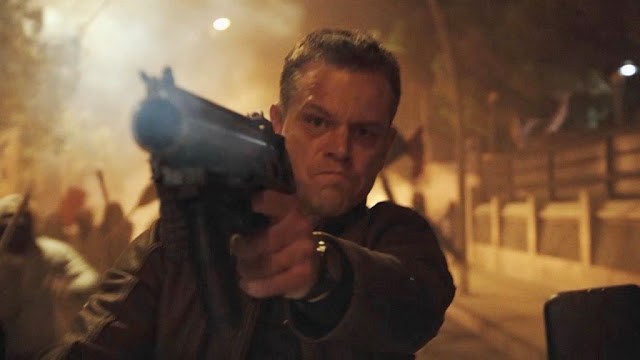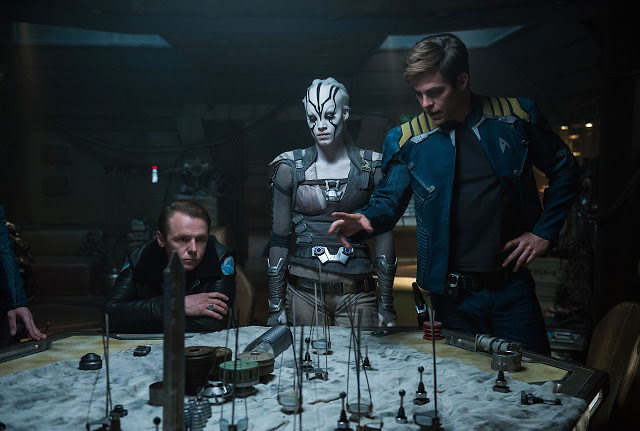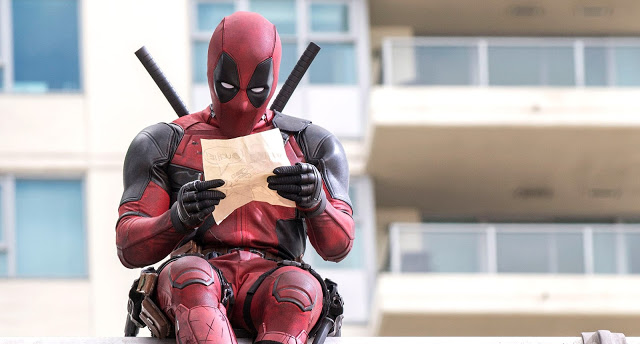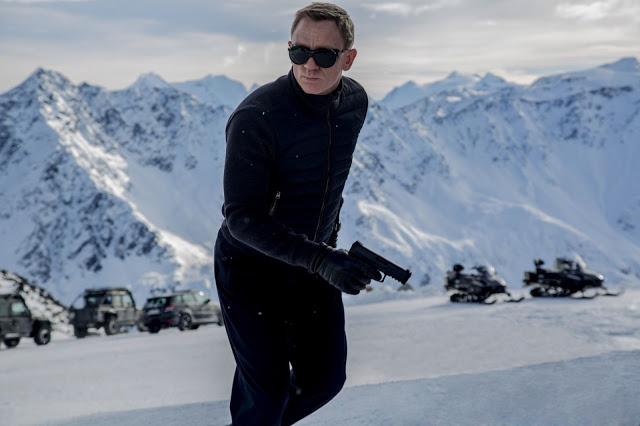Deepwater Horizon: The Ship Is Sinking, and So Are Profit Margins
At one point in Peter Berg’s geopolitical action thriller The Kingdom, Jamie Foxx tells a Saudi official, “America’s not perfect, but we are good at this.” The “this” he’s referring to is criminal investigation, but as Berg’s career has gone on, his films have played as a variation on this central theme of American competence. He makes movies about strong-willed, muscular men and women who excel at problem-solving and crisis management. It’s historical fiction with a nationalist tint; in recreating specific, disastrous events, Berg venerates the broader (and, in his view, distinctly red-white-and-blue) virtues of teamwork, loyalty, and perseverance. The guy who played Linda Fiorentino’s hapless patsy in The Last Seduction has somehow fashioned himself into American cinema’s chief patriot.
Well, maybe vice-chief. Berg’s current leading man of choice is Mark Wahlberg, our great nation’s consensus avatar of blue-collar heroism. In Lone Survivor, the fact-based story of a kill mission in Afghanistan gone awry, Berg put Wahlberg through an especially brutal ringer, chronicling how a brave solider used his strength and his smarts to avoid seemingly certain death. Now the director and his star have returned with Deepwater Horizon, a meticulous reenactment of the explosion (and resulting oil spill) that destroyed a rig off the coast of Louisiana in 2010. The names may have changed, but Berg’s template remains the same: Deliberately establish the players and the setting, then scrupulously illustrate how everything gets blown to hell. Read More

